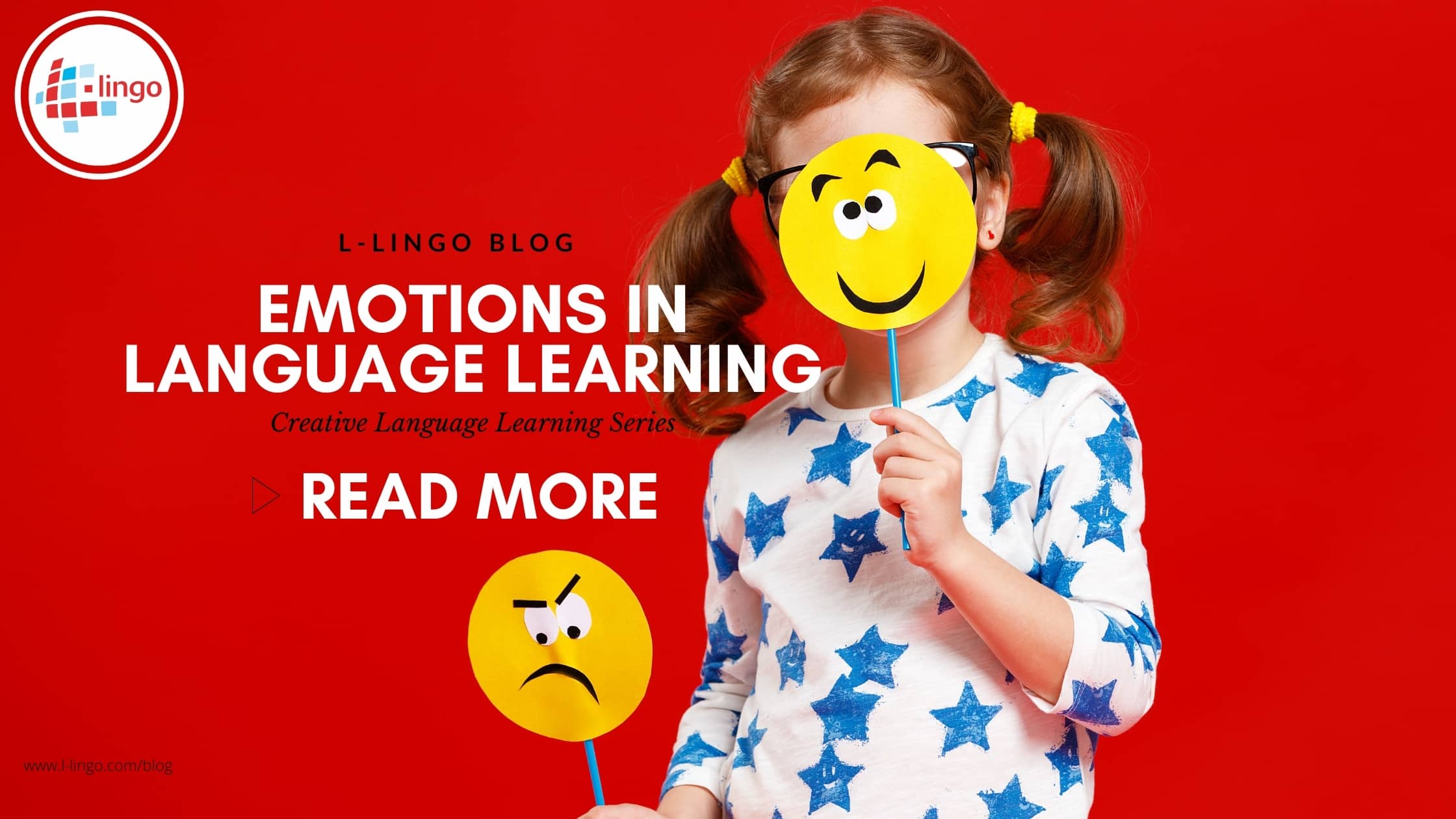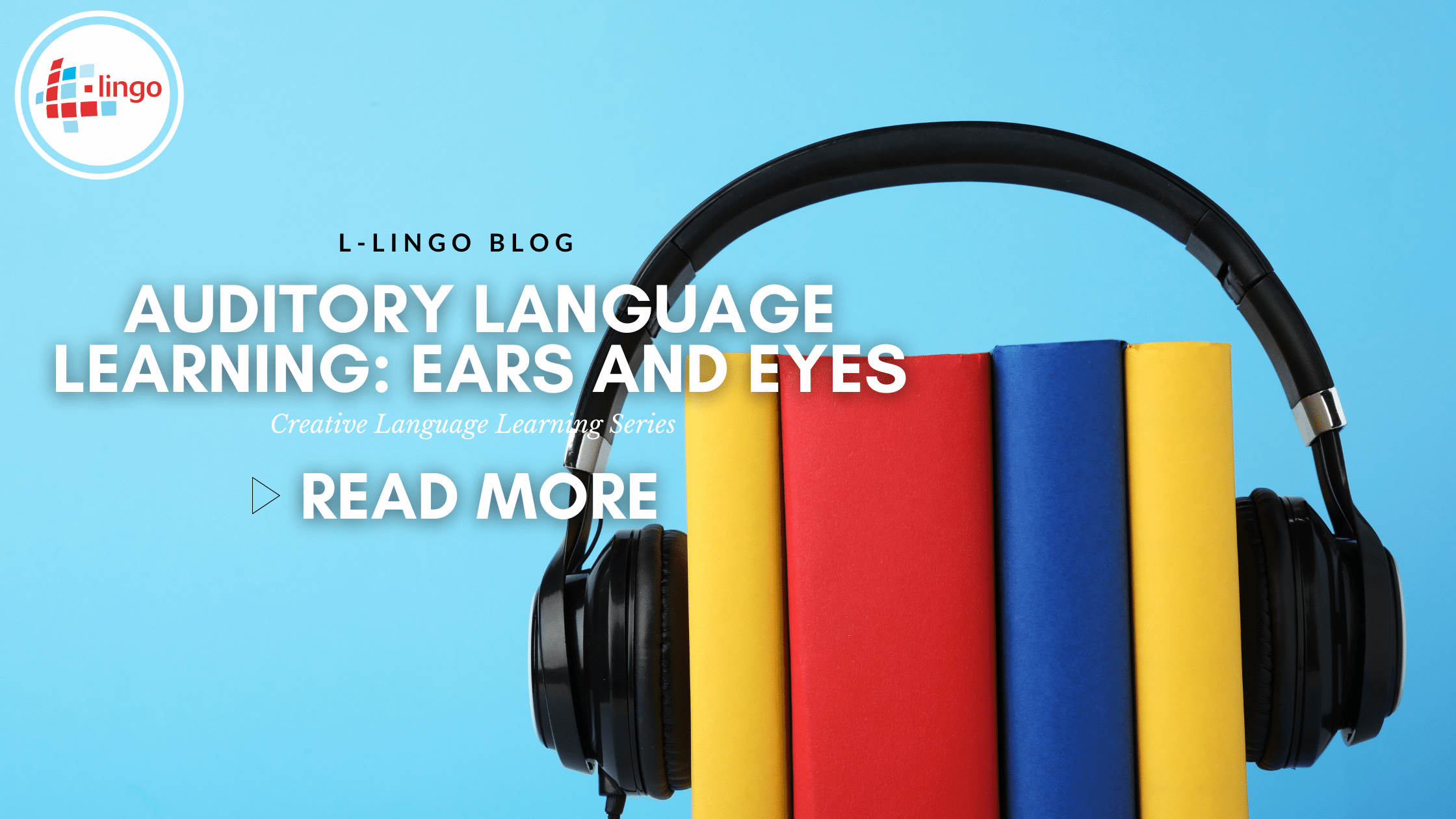There was once a time when I would learn new vocabulary words, just because I wanted to know them, and there was A LOT I wanted to know. I was happy, full of energy and big dreams. But that stage didn’t last long. I went through a series of emotional battles with myself and my Language. Sometimes my emotions would get the best of me, and I’d lose the learning game. Other times we managed to co-exist peacefully and learn without fuss or struggle, but that was a long time ago.
I’m not saying I’m a soulless being devoid of any emotions, but I’ve learned to become more conscious of their existence. I know when it’s not time to study, I know that if I’m sad I won’t learn even one new vocabulary. I also know that when I’m happy, I can spend an entire day stockpiling as many as two to three hundred new words.
This article will be about tuning into those emotions, and learning how they can either work with you or against you.
The Big 4 In Language Learning
It’s no secret that your mood affects the way you learn. I’m not a science guy but there are clear correlations as to how this whole “I’m not in a good mood to learn” thing works. Language learning is complex, you won’t just absorb it if you’re experiencing a negative emotion.
Have you ever been really angry at someone and you can’t think clearly? Or how about being so sad that it feels like you’re emotionally stunted, can’t move or speak. There are emotional states that can greatly influence our language learning, and we must be aware of them at all times.
Let’s go over some of them:
Happiness: This is the most pleasant emotion you can use to your advantage when studying your target language. Happiness brings a feeling of euphoria, and for a while, it feels as if there is nothing that can ruin your flow.

You’re more likely to learn the more difficult parts of a language when you’re happy since it feels like you’re on top of the world. – L-Lingo Science
WARNING: Never allow yourself to be too happy! When you’re too happy, you become too comfortable and when you’re too comfortable in language learning you stop learning. We only learn new things when we push beyond our comfort zones. So if progression is your goal, learn how to detect when happiness just isn’t enough to keep you happy. In layman’s terms, you’re in a good spot if you know that you can be even happier.
Anxiety: This emotion is associated with doubt, worry and fear. Language learning in this state can lead to over studying, meltdowns, headaches and other nasty things you don’t want in your life.

An anxious language learner will not form the appropriate connections between self and language due to the self-defeating nature of anxiety.
It’s normal to feel anxious when learning something that isn’t naturally a part of your own “world”. But, we as language learners cannot let this emotion get the best of us. Since a large part of our journey is focused on communication, it is important that we ground ourselves when faced with anxiety, breathe and remind ourselves of our badassery.
Sadness: The effect sadness has on an individual’s self-esteem is drastic. Although there are different kinds of sadness, all of them have the same effect in regards to language learning. Impediment. Things will begin to slow down if you’re studying your language while you’re in a sad state. It’s that feeling of lethargy and unwillingness that gives your motivation level a kick in the pants.
Have you ever seen the movie ‘The Matrix’? Okay, everyone right? Remember that scene where Neo stops the bullets with that weird pulse stop time technique thingy? Well, that’s kind of what happens when sadness knocks on our doors. Sadness is a very, very, very, overpowering emotion. It likes to sneak up on you too; one moment you’re learning a jillion words, and memorizing dictionaries like nobody’s business, then the next moment it takes you 2 months to learn 10 new words.
Anger: Anger is a fidgety thing when it comes to language learning. Your thoughts are in a jumble, and you question everything around you. Here’s a forum thread on linguaholic that discusses anger’s influence on language learning. This is definitely the most worrisome state to be in while studying a language.
However, anger is a double-edged sword. An anger that is burning uncontrollably will do just that, burn everything to the ground. You’ll end up losing your focus, memory, and in worst-case scenarios your initial purpose.

Yet controlled, focused anger can set you on the right course by providing you with a motive to follow. If you’re angry you’re not where you’re supposed to be in your language learning journey, then that’s the exact motivation you ought to use to get to where you need to be!
Shaping Your Language Learning Environment
Ideally, you want to be in a good mood when studying your target language. It doesn’t have to be “happy” per se, but you want to be in a mood where you’re comfortable. Setting up your learning space to imitate this feeling of comfort is highly dependent on what makes YOU comfortable. For example, I usually have some chill music in the background and have my cup of coffee on standby. There are different things that suit different people is what I’m trying to say, but here are some things that just might work for anyone:
- A room with just enough light to see your study material.
- Listening to atmospheric music in your target language while studying.
- Lighting scented candles or burning incense.
- Sipping coffee or tea while studying
- Take a nice long stretch before you start studying.
- Snacking lightly on your favorite snacks/candy while studying. You can even use this as a reward system.
Etc…
Comfort Through Routine In Language Learning
I’ll give you a basic overview of my comfortable study routine.
Coffee is priority number one. It’s important that you find your priority number 1, this is what will trigger you to study. If I’m drinking coffee there is a 75% chance that I either plan to study or already am studying.

After the coffee, I need to be listening to either Yonezu Kenshi or Nujabes, two of my favorite artists; loud enough so I can hear their music but soft enough that I can’t sing along. I’ve never been a fan of lights so they’re normally dimmed or off completely and I just use the light from my laptop to see. When all these conditions are met I can go on for some hours without losing focus.
You’ll know when you’ve met the optimal conditions when everything seems to just ‘flow’.
Note: If you’re in a public setting, however, just be careful of the emotions and people surrounding you. We tend to let things affect us subconsciously, so always be aware of the atmosphere.
The Ebb and Flow Of Emotions In Language Learning
I like to refer to this topic often as the ebb and flow of the language learning journey. Ebb and flow can be defined as the constant rise and fall of a certain environment. Think about the tides on the beach, they may rise in the evening and fall at noon.

Language learning is HEAVY, but emotions are POWERFUL. The two influence each other in incredible ways you normally wouldn’t imagine. Learning how to be aware of your emotional states can improve the overall experience of language learning. Your frustrations, joy, grief, sadness, happiness, anger, etc all play a role as to how effective you’ll be in the long run.
Worksheet




